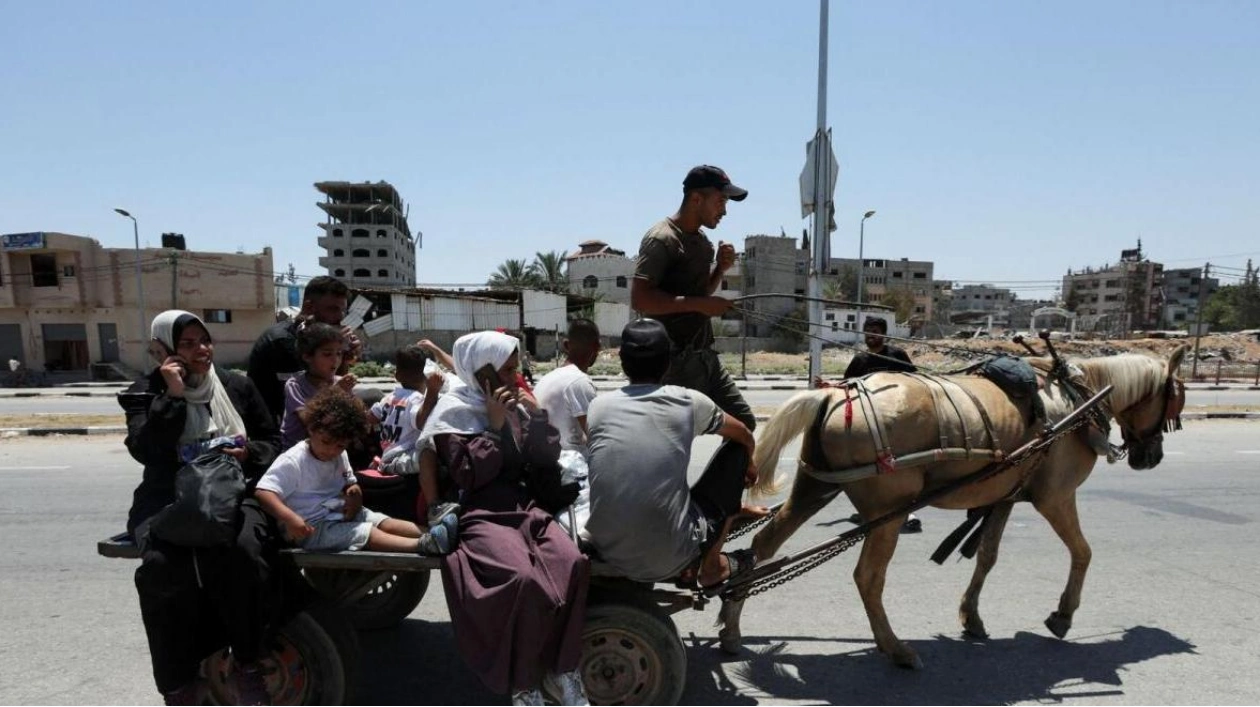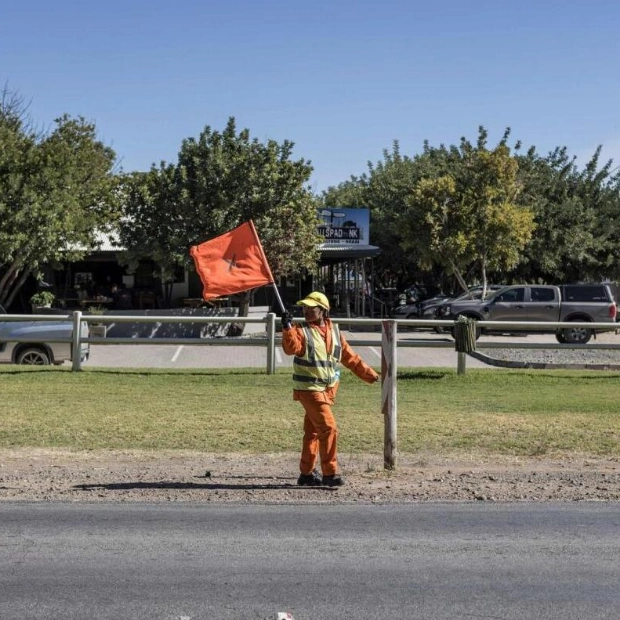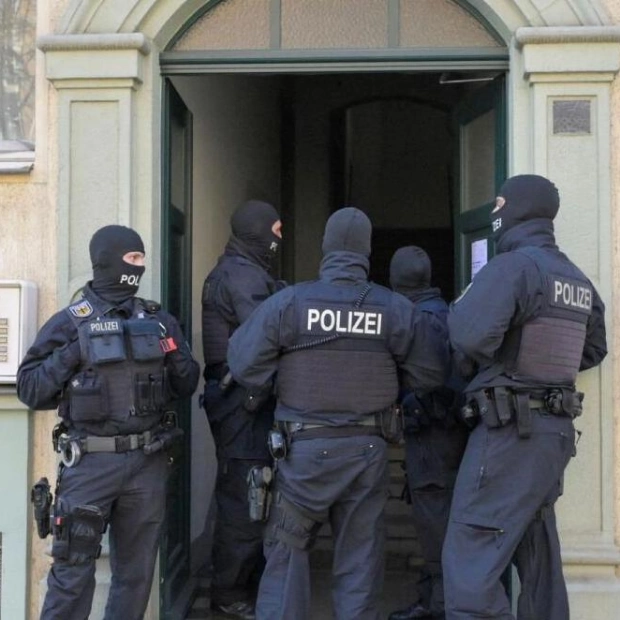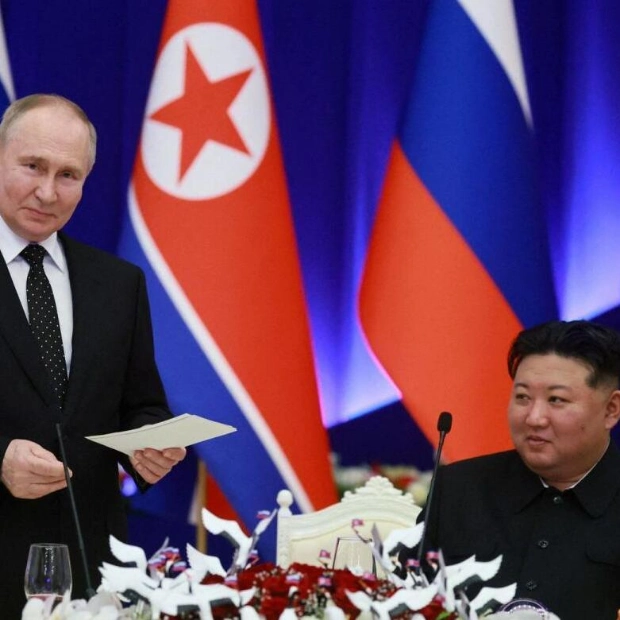Residents of Gaza City found themselves confined within their homes and lifeless bodies remained uncollected in the streets on Thursday, amid a fresh and intense Israeli offensive. This occurred even as the United States was advocating for a peace agreement during discussions in Egypt and Qatar. Hamas warned that a severe Israeli attack on Gaza City this week could undermine efforts to conclude the conflict, especially as negotiations were nearing completion. In a recent statement, the Palestinian militant group expressed its dissatisfaction with the lack of updates from mediators regarding the progress of talks, despite its concessions made in response to a US-supported Israeli peace proposal last week. Prime Minister Benjamin Netanyahu's office announced that the head of Israel's Shin Bet security agency was en route to Cairo for further ceasefire negotiations. US envoy Brett McGurk was in Israel, where he met with Defense Minister Yoav Gallant.
Gaza City residents described the current assault as reminiscent of the most intense battle of the war, which devastated the oldest and largest settlement in the initial weeks of conflict last year. Before the war, Gaza City housed over a quarter of Gaza's population; it was largely destroyed by the end of 2023, yet hundreds of thousands of Palestinians have since returned to the ruins. They have now been ordered to evacuate again by the Israeli military. Many residents, like Mohammad Ali, 30, who communicated via text message, stated their resolve to stay despite the conditions. Ali, whose family has moved multiple times within the city, reported shortages of food, water, and medicine.
The Gaza health ministry reported that people were trapped and others killed inside their homes in the Tel Al Hawa and Sabra districts, with rescuers unable to reach them. The Civil Emergency Service estimated at least 30 deaths in the Tel Al Hawa and Rimal areas, with bodies left unrecovered in the streets. The Israeli army instructed Gaza City residents to use designated 'safe routes' to evacuate southwards. Some residents expressed their refusal to leave through social media, using the hashtag "We are not leaving".
In the Shejaia suburb east of Gaza City, residents returned to a landscape of demolished buildings after Israeli forces retreated following a two-week offensive. The main cemetery had been leveled by the army, and people transported supplies on bicycles over rubble-covered paths, passing remnants of destroyed Israeli armored vehicles. Hatem Tayeh, a resident, questioned the destruction and the fate of civilians amidst the chaos.
Israel initiated its offensive on the Gaza Strip following an incursion by Hamas-led militants into southern Israel, which resulted in the deaths of 1,200 people and the capture of over 250 hostages according to Israeli records. Since then, Israel's attacks have claimed more than 38,000 lives according to medical authorities in Gaza. In Rafah, near the border with Egypt, residents reported ongoing house demolitions by the army amidst clashes with Hamas and other factions. Palestinian health officials confirmed four deaths, including a child, from an Israeli air strike in Tel Al Sultan in western Rafah. The Israeli military reported intercepting around five rockets fired from the Rafah area.
The negotiations in Qatar and Egypt follow significant concessions from Hamas, which agreed to a truce and the release of some hostages without requiring Israel to end the war first. In its latest statement, Hamas accused Israel of delaying tactics to undermine the current round of negotiations, similar to previous failed attempts since a week-long truce in November. Netanyahu, facing opposition within his right-wing cabinet, insists that any agreement must allow Israel to resume fighting until all its objectives are met. The Israeli defense ministry stated that Gallant and US envoy McGurk discussed the progress in talks concerning the release of hostages, focusing on security measures to prevent weapons smuggling into Gaza.






